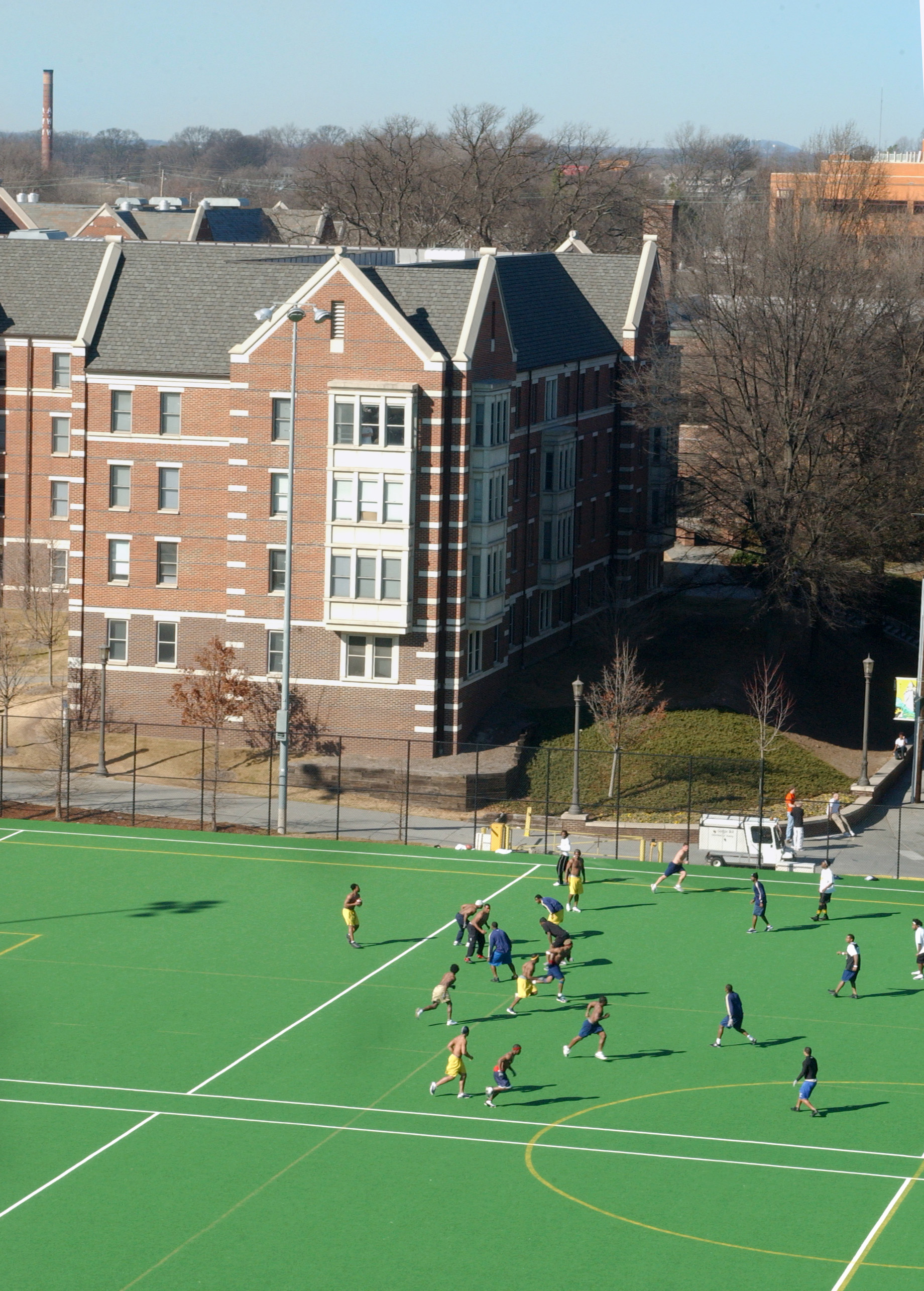
Georgia Tech residence halls are becoming more eco-friendly with LEED certification renovations. LEED, which stands for Leadership in Energy and Environmental Design, certifies only buildings that meet with a strict standard of environmentally-conscious construction and maintenance. Certified buildings must meet requirements for "sustainable design, construction, and operation."
Georgia Tech residence halls are becoming more eco-friendly with LEED certification renovations.
LEED, which stands for Leadership in Energy and Environmental Design, certifies only buildings that meet with a strict standard of environmentally-conscious construction and maintenance. Certified buildings must meet requirements for "sustainable design, construction, and operation."
Additionally, it must meet standards in "sustainable sites, water efficiency, energy and atmosphere, materials and resources, indoor environmental quality, and innovation and design process."
There are three levels of certification: Bronze, Silver, Gold. and Platinum Currently, Georgia Tech has four certified buildings, including the College of Management Building, Klaus Computing Building, Old Civil Engineering Building, and the Women's Softball Complex.
Eight more have been registered, with 16 more built to code (though not yet certified).
The Department of Housing has taken the opportunity to update and retrofit many of the residences on campus according to LEED guidelines. The recent renovations in Fitten, Freeman, and Montag are all being submitted for certification.
After a building is submitted for consideration for the certification, it must undergo a year-long "performance period."
"Everything we're building from now on will be designed to the Gold Standard," said Steve Zwirz, Project Coordinator II for Housing, who hopes to have Fitten, Freeman, and Montag certified by August of 2011.
The North Avenue Apartments are also being renovated to meet the requirements.
LEED has different certifications for new versus existing buildings; therefore, the North Avenue complex is being retrofitted.
"The apartments needed work," said Zwirz. "Among necessary upgrades, we had to replace all toilets and showers."
Retrofitting the buildings is costly, but "more efficient and cost effective." The new fixtures help conserve a large amount of water, reducing water consumption by almost 20 percent.
Originally, the construction crew focused on renovations; however, problems in the design were also discovered.
"We had to repair the building," said Zwirz.
Even the air was a challenge.
"Air quality is always an issue here in Atlanta," Zwirz added, "and especially North Avenue due to its location to the interstate and already excessive vehicle exhausts."
But despite the difficulty, the Housing team did a great job meeting the challenges. They even installed new environmentally-friendly programs like motion-detector lighting in the hallways and study rooms and the CalSense irrigation system, which can sense when rain makes watering by sprinkler unnecessary.
"We're trying different projects in different buildings. We're trying to see what works," said Zwirz.
The North Avenue complex will hopefully be certified for repair and design and operationally too.
Housing is also educating its building occupants, both students and employees, to follow operational LEED certification standards like recycling and water conservation.
"LEED is an investment in our future,” Zwirz said.
